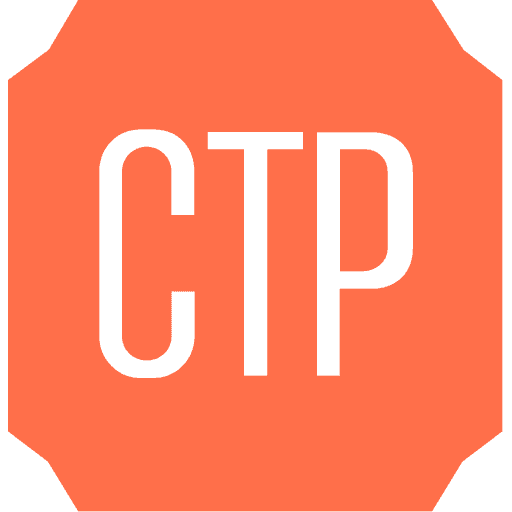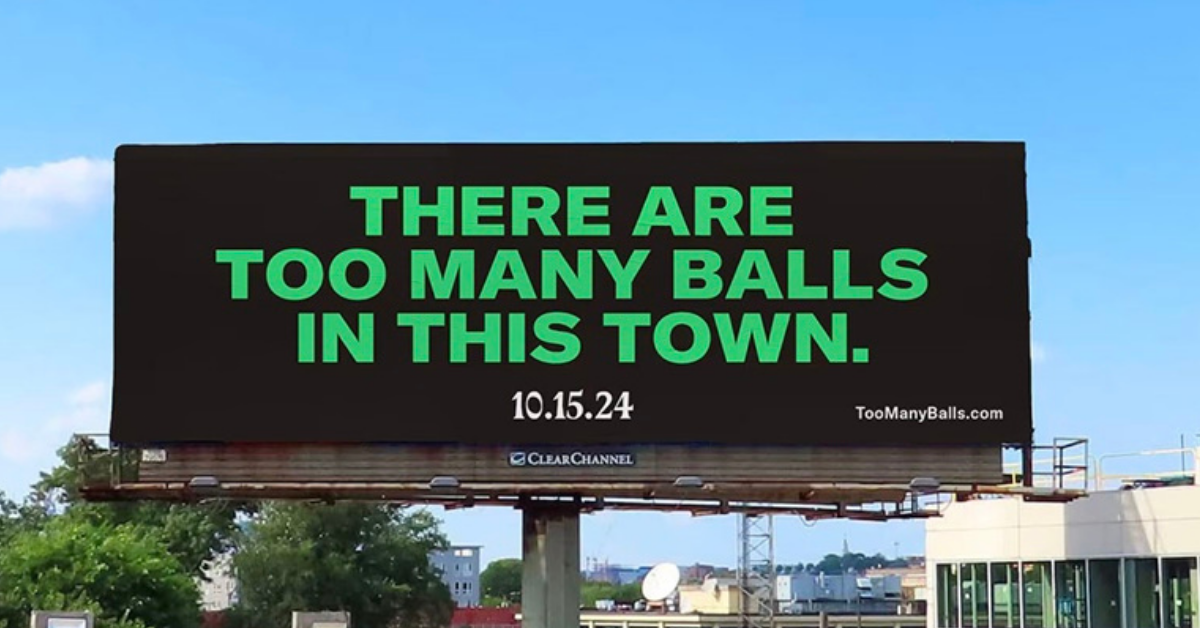Our series of conversations with communications leaders continues this week with a look at the impact of COVID-19 on small business. Ali Palmer is VP Business Development & Marketing at Gingerbread Construction Company, a family-owned and operated business just North of Boston and she gives us a little insight into the last several weeks – and where it goes from here.
Gingerbread Construction Company has remained open during this time – although I’m sure with some significant changes. Can you take us through some of your discussions – from very early on up until now – about how you planned to approach and the critical factors involved – from customer safety to employee morale? And how did you communicate that you’re open and safe for customers?
I’m sure everyone is going to look back and remember this whole ordeal different from one another. But for me, I remember it was Thursday, March 12 when – to put it dramatically – it felt like the world came crashing down. Everything and everyone felt different, and it was when it felt real. There were lots of hard conversations, sleepless nights and long days trying to figure out the plan. Our first step was to check in with employees to remind them to communicate with us about any special circumstances we should be aware of (immuno-compromised, primary caregiver for someone who is immuno-compromised, childcare issues, etc.), and remind people to stay home if they were sick or if there were people sick in their household. Next, we shortened our store hours and reduced staff to accommodate for employees who could no longer work, and to heed social distancing guidelines. Eventually, state guidelines and employee circumstances led us to close our Winchester store, and focus our efforts on maintaining morale and safety in one store.
We used our social channels and our active email database to communicate these changes as they happened. Overcommunication was key, for both our employees and our customers.
Black swan events may be impossible to prepare for, but smart businesses always try to prepare for the unexpected. What has this experience taught you – including where you were prepared and where you needed to make adjustments?
The three areas we felt most prepared were our store’s hygiene practices, our ability to communicate with our customers, and our family-like mentality.
For hygiene: Our stores already practice very deep and nearly fanatical sanitation procedures and food handling practices, so nearly nothing had to change there. We could continue business as usual in the early days. Now with social distancing guidelines, mask requirements, etc., things have had to change a little bit, but we’re dealing with those changes as they come. Door signs and painter’s tape have done wonders for us.
For customer communication: We communicate with our email database throughout the year in a smart way. We’ve always been careful to strike the balance of reaching out frequently to our customers so we stay top of mind, but not so much so that we become a nuisance. That worked to our benefit during all of this – our customers didn’t ignore our emails because they knew if we were reaching out, it was with good reason.
For family-like mentality: This is where we have always shined. Our core team is made up of people who have worked for the business for 20+ years. We have dedication from our employees that we never take for granted. When we all chatted about how times were going to get tough, everyone pitched in to make it work. We did it as a team, and that’s the only way to work during times of crisis. Yes, it’s important to show up as a leader for your team, but more important was that we worked as peers and made smart decisions together.
We hear so much now about the need for overcommuncation and for transparency. As a small business, without a sizable ad buy, what communications challenges have you faced? How are you communicating differently with your employees and customers now? And how do you anticipate that will stay the same or evolve?
As much as I wished we could have bought the billboard by exit 40 on I-95 to shout our hours from the rooftops, that wasn’t in the cards for us. There were some highly nontechnical ways of communicating, like searching the internet high and low for an “OPEN” flag to hang outside, door signs promoting our hours, word of mouth, and updating our hours with the Wakefield Chamber; but we also did push our hours on social media and through email communications.
Our email communications have become more frequent, and they’ve become more personal and heartfelt. We’re telling it like it is. We’re sharing what we’re working on during these strange times – everything from paving our Winchester parking lot to product development. And we’re always sure to express our gratitude. This more casual, personable tone we’ve developed with our customers is here to stay for us. Our customers have responded well to us sticking with our community, and we don’t want to lose that.
Our social channels still struggle. I’m only one person, and I’m pulled in many directions. We definitely check in on them and use them occasionally, but we are not super users by any means.
I suspect you’re using some of this time to evaluate operations and experiment with some new ideas. What are the changing consumer behaviors you’re envisioning that will guide this? And with such a passionate customer base, how much have you turned to them for insights?
Our online business is doing well right now. We’re seeing some new customer trends evolve, and learning how we can better cater to this audience. We’re working on some new products and new product packaging so we can offer something new to this growing customer base.
Our customer database is certainly passionate, so right now, we’re watching and listening. We will probably reach out for their feedback at some point, but need to be strategic about how we do so. We know customers want us to ship our muffins, we know customers want free shipping, etc., but these are things we’ve been working on for YEARS without success. We’re not giving up, but I’m hesitant to falsely pull in customer involvement. I could elaborate with the time I was deeply offended by the blue versus purple M&M saga, but I’ll spare you the details 🙂
What’s the best piece of advice you can give to other small businesses right now?
Communicate and express your gratitude. And try to keep in the back of your mind that everyone is going through something right now. We’ve had super grateful and kind customers, and then we’ve had some pretty difficult ones, too (only to receive an apology a couple days later). These times are unprecedented, and no one has the answers or solutions, and we’re all just trying out best so try not to take anything too personally. And be ready to adapt.





